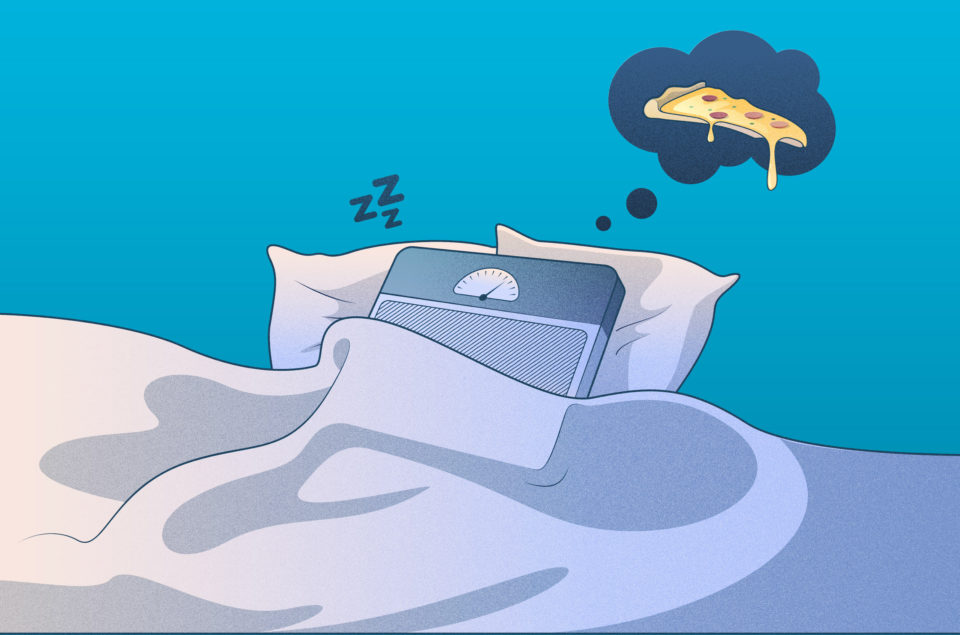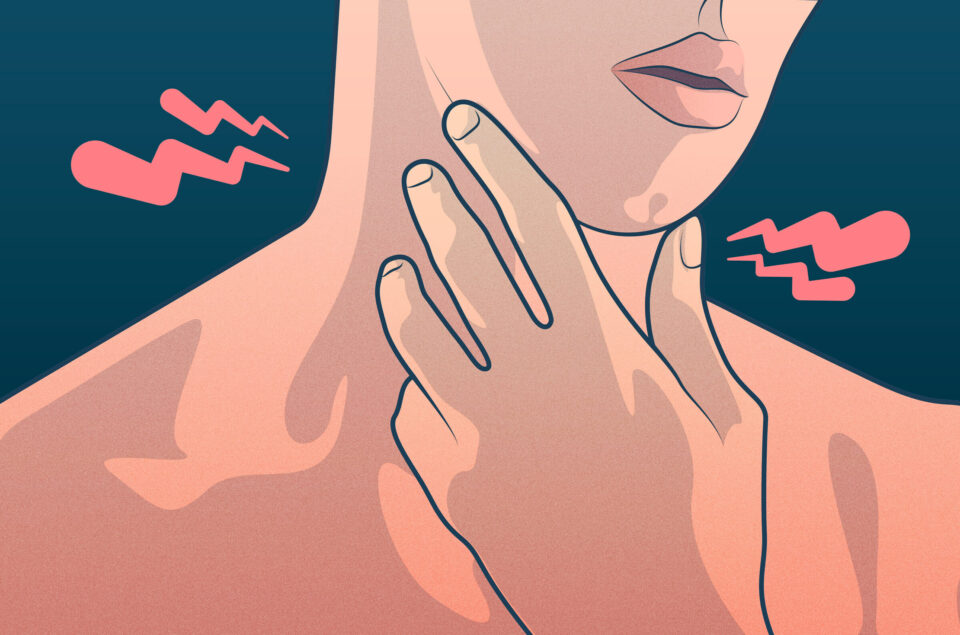March 19th, 2021 is World Sleep Day. Now in its 14th year, this global initiative shines a light on the importance of sleep health and habits. It draws attention to sleep education and aims to “lessen the burden of sleep problems on society through better prevention and management of sleep disorders” (World Sleep Society).
It’s no coincidence that World Sleep Day is held the Friday before the vernal equinox. In the Northern Hemisphere, the sun crosses the equator on the vernal equinox and that part of the Earth tilts toward the sun through the end of summer. It marks the first day of spring and heralds in the switch to longer daylight hours. In the Southern Hemisphere, this shift marks the beginning of autumn.
It’s no coincidence that World Sleep Day is held the Friday before the vernal equinox. In the Northern Hemisphere, the sun crosses the equator on the vernal equinox and that part of the Earth tilts toward the sun through the end of summer. It marks the first day of spring and heralds in the switch to longer daylight hours. In the Southern Hemisphere, this shift marks the beginning of autumn.
Because natural light and darkness play such an integral part in regulating our circadian rhythms, or 24-hour built-in alarm clocks, it’s fitting that the transition from darkness to lightness coincides with World Sleep Day.
“Regular sleep for a healthy future”
This year’s theme, “Regular sleep for a healthy future” seems especially appropriate given that the pandemic has fundamentally changed our lives in so many ways, and has impacted our ability to sleep.
Sticking to regular bedtimes and wake times improves sleep quality and has been linked to both physical and mental wellness. Conversely, studies have shown that disruptions in circadian rhythms can have far-reaching consequences, from diabetes to obesity.
Dr. Frida Rångtell explains that the days when humans depended on the sun to guide sleep-wake cycles are long gone. Modern technology gives us access to light after the sun goes down, so we need to be more conscious about our choices to maintain healthy daily rhythms. “We need to consider when we are exposed to light so that it best supports our circadian rhythm. In general, this means getting outside daylight hours during daytime and dimming the lights in the evening.”
10 tips for better sleep
This World Sleep Day is a good time to take stock of your own sleep habits and make small adjustments to improve your sleep health.
Along with tracking your sleep to better understand your personal sleep patterns and habits, here are 10 things you can do to establish more regularity with your sleep. Don’t try everything all at once; it’s best to set attainable goals. Introduce one new habit at a time. See what works best for you and celebrate small accomplishments along the way to better health.
- Be consistent in your bedtime and wake time, even on weekends
- Avoid stress before bed—be aware that stressors might include social media, video games, or watching the news
- Do something calmingas part of your bedtime routine—read a book, take a bath, listen to music or a sleep story
- Avoid naps late in the day
- Avoid caffeine and excessive alcohol consumption,at least four hours before bed
- Turn off electronics two hours before bedtime (at least for one night a week)
- Go outside and get sunlight during the day
- Meditate, even if it’s just for five minutes, either during the day or as part of your bedtime routine
- Create a peaceful sleep environment devoid of distractions and clutter
- Keep a journal to help process your thoughts and problems so that you don’t bring them to bed with you










